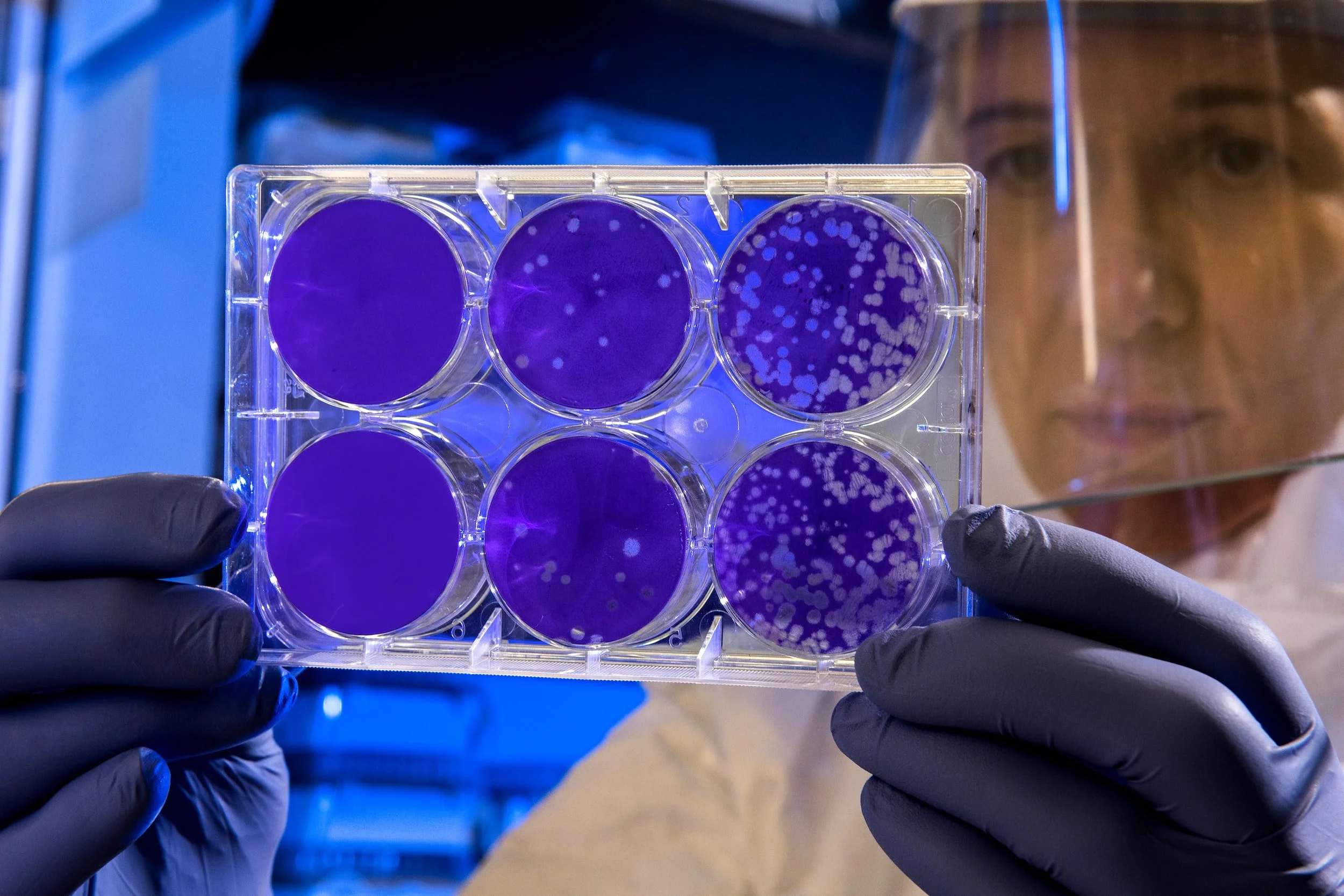Classes at CCNY
SOC 23200: Methods and Techniques of Sociological Research [Fall 2022, Spring 2023]
Sociological research—like all other forms academic research—is a conversation. To participate in this conversation, we first need to understand how sociologists make and substantiate claims. As an empirical social science, much of the sociological enterprise consists of the collection and analysis of data that allows us to measure, interpret, and theorize social relations. But because social life is complex, sociological inquiry requires also an understanding of the limitations of different methodological approaches and the positionality of the researcher. Furthermore, sociology is a diverse field: diverse in its objects of study, and diverse in its research methods and techniques. This course attempts to expose you to the different ways in which sociologists think about and go about doing research, so you can begin to think about what type of sociology most appeals to you and your interests.
View the syllabus here.
SOC 31182 (ECO 31182): Data Justice and Algorithmic Accountability [Spring 2023]
Social life is increasingly data-fied and subject to the effects of algorithms that are hidden away from public view. Every time we pick up our phones, shop online, or browse the Internet, our data is being collected and converted into information that stored and potentially used by marketers, law enforcement, and other interested parties. While there have been attempts to reign in malicious and unethical uses of data, and to open the “black box” of algorithms to ensure that intended and unintended harms are not produced, much of the systems that we encounter in our everyday life remains, for the most part, unaccountable. This course thus aims to teach students to answer three sets of questions that will help them critically understand and examine data and algorithmic systems: (1) How does it work?, (2) What harms is this creating, and for whom?, (3) Should we abandon or attempt to fix it, and how?
View the syllabus here.
Additional crowdsourced recommendations here.
SOC 31920: Science, Technology, and Society [Fall 2023]
Science is a social institution. Scientists are social actors. Scientific research is a social process. And scientific knowledge can create, reinforce, and exacerbate social inequalities. But science has not always been the center of sociological analysis. This course examines the interconnections between science, technology, and society, and how social values are embedded and encoded in the tools and knowledge scientists use and produce, with implications for everyday lives and communities. This class draws on a wide interdisciplinary set of readings from sociology, science and technology studies, the history of science, and science fiction. We examine examples of knowledge production and its impacts on society in advances in neuroscience, environmental science, genomics, aerospace engineering, stem cell research, and more.
View the syllabus here.
SOC 31975 (INTL 31958): Medical Professions, Authority, and Activism [Fall 2022]
In the past (or so the story goes), patients come to physicians with complaints and submit to their expertise. In doing so, patients recognize the authority of physicians to diagnose and treat their conditions, and they are given the “sick role”, which they can then present to the rest of society to receive accommodations. But the authority of physicians has been increasingly challenged, with the rise of digital health technologies, the wellness industry, and complementary and alternative medicines. The maintenance of health, it seems, is no longer confined within the sole professional jurisdiction of medical professionals. This course examines these transformations in the physician-patient relationship in recent years, and the role of other health professions, such as nurses, physician assistants, and EMTs, and patient activists and advocates in the social organization of medicine.
View the syllabus here.





